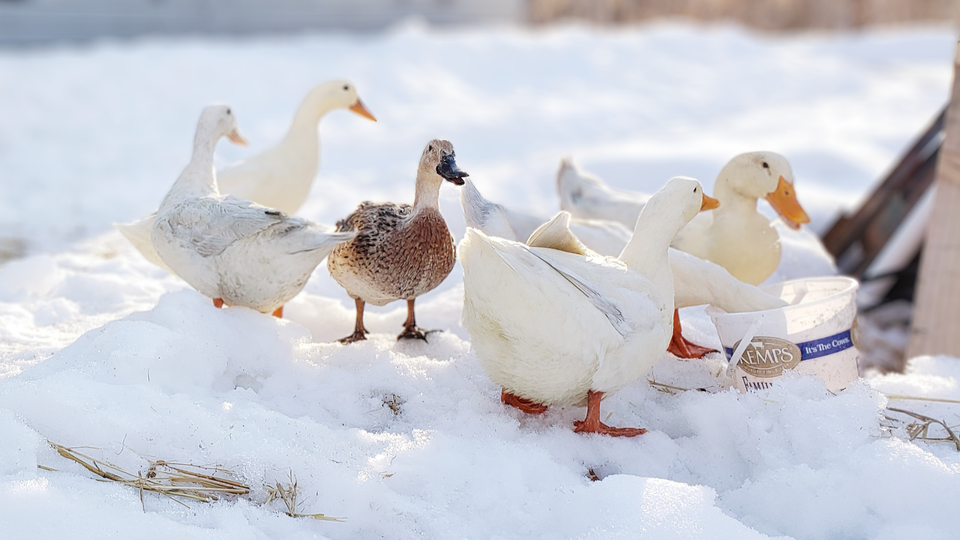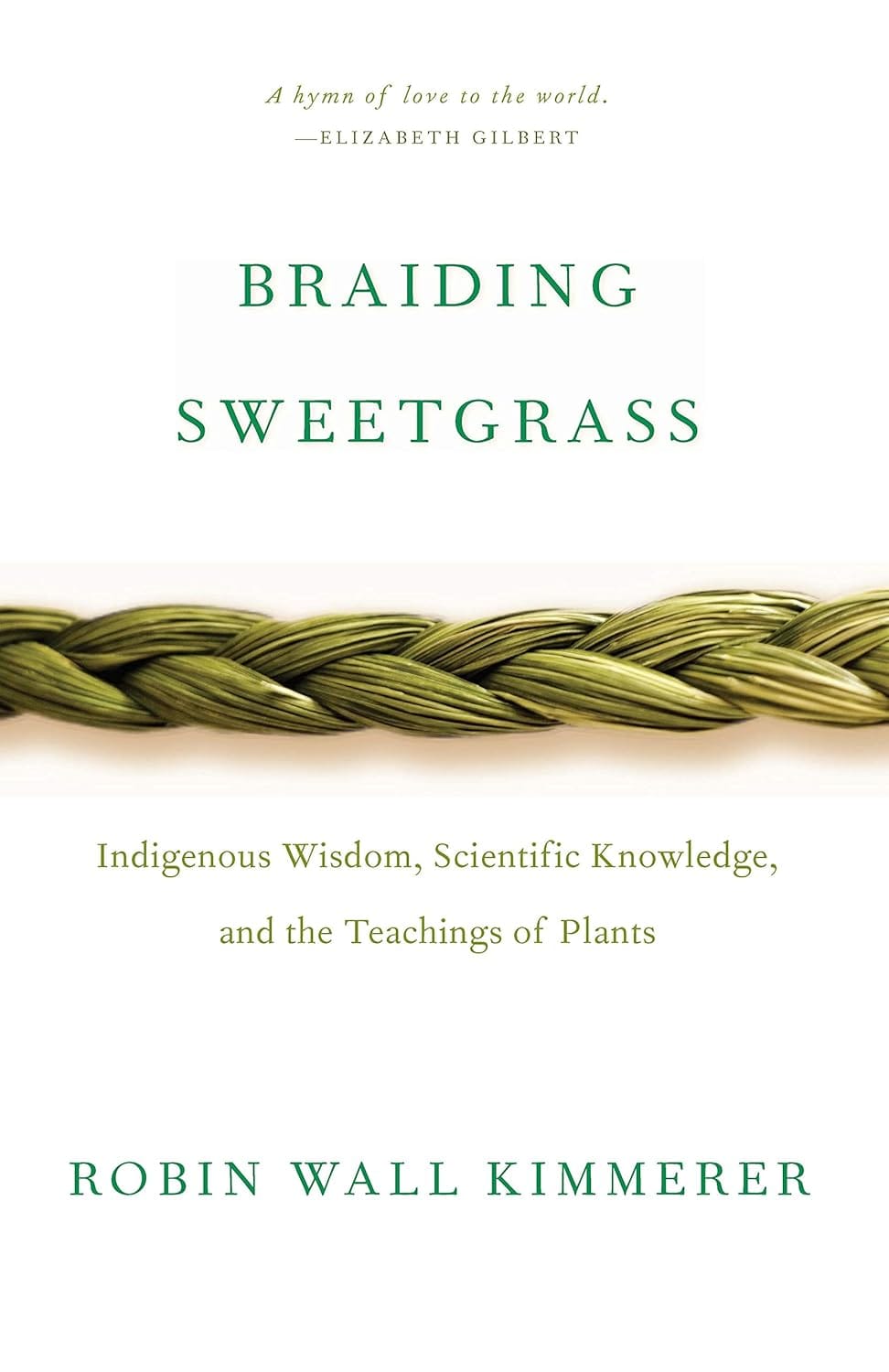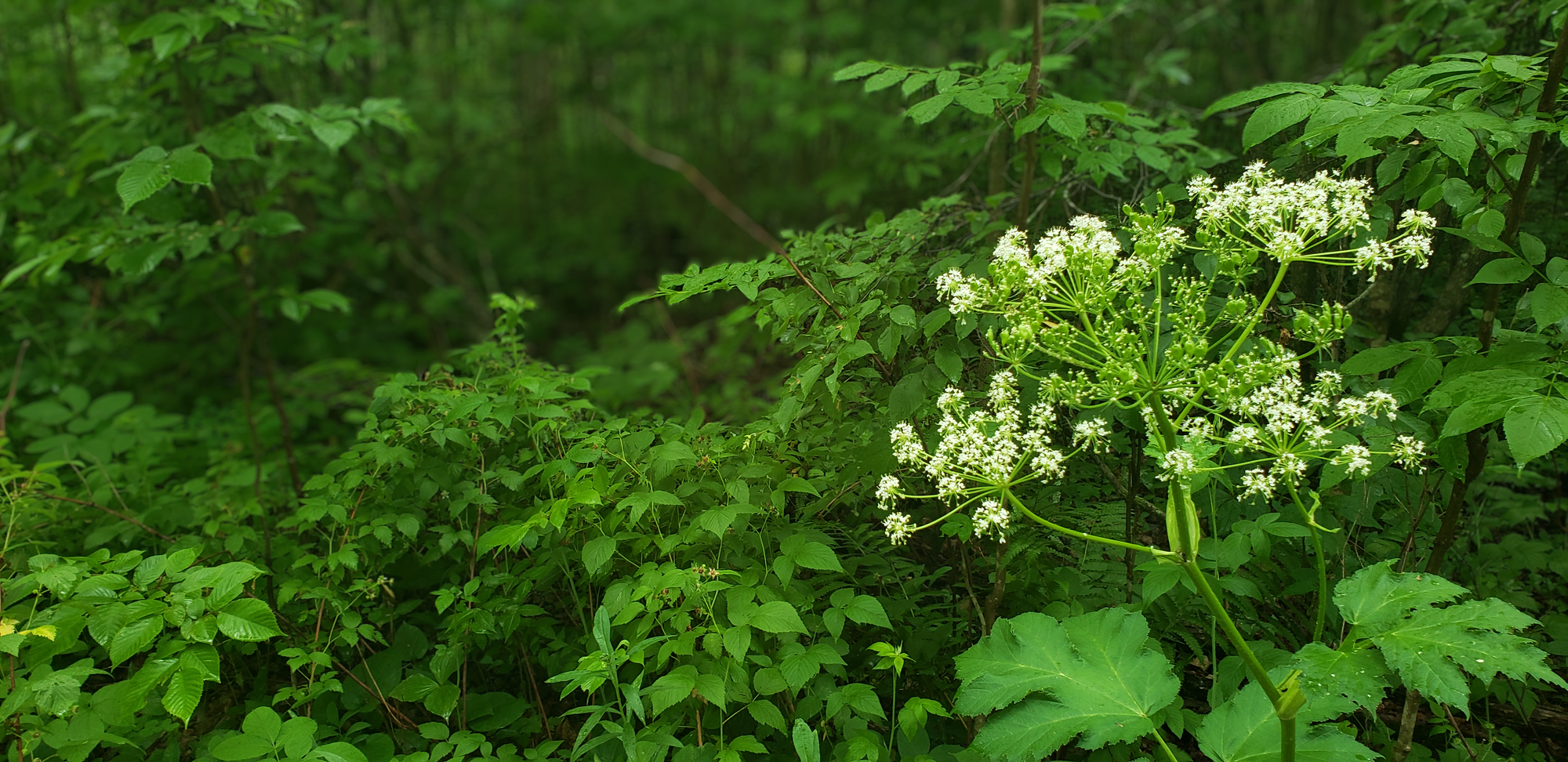In the Garden with Beth: Navigating Loss and Cultural Identity

I walked out to the garden to find Beth actively dying. Beth is a Welsh harlequin duck. I acquired her as part of a trio in the fall of 2020. It had been less than a year since moving out to our forty acres in northern Minnesota. For some reason, amid recovering from the chaos of selling buying, and moving, as well as all the challenges a worldwide pandemic would bring, as a nurse with two teens trying to finish high school, I decided to add duck farming to the list because… I don’t know, was I somewhat mad or… ingenious? Duck therapy so to speak? By the time I brought home Beth, and her companions Manley and Ida, we had a cute little flock of four to introduce them to. Harold, Lola, Dot, and Luna, all of whom are still in our flock of eighteen as I write this. Beth was to be our first loss.
I knew I was losing her the moment I laid eyes on her unnatural position on the ground. I scooped her up in my arms and cried. I responded, I imagine, much more strongly than your average poultry farmer might, but it made sense to me. I have learned a lot more about grief in the last few years than I ever wanted to, and the most valuable of those lessons was to let it happen, to live in that moment. When you are experiencing a trauma, whatever your mind isn’t able to process in the moment, it will attempt to when you recount the experience later. Allowing yourself to fully experience all the incoming information you can manage, during the experience and the days following, is how God set us up to heal.

So, I don’t run, don’t stifle, don’t suck it up to appear acceptable to others. I let myself get all dramatic over a duck. I cried while I washed her beautiful feathers, I cried as I dug a hole and laid her body in a straw-lined grave. I cried as I collected rocks to build a marker, and sometime during the process of washing those rocks, my tears ran out. I stood there at the top of the hill, looking over my homestead, wishing I had been able to perform some version of this burial ritual when I lost my grandson two years prior, wondering what we as a people have lost by distancing ourselves so much from the burial of our departed. I also wondered what we have lost, from our connection of skin to Earth my native ancestors lived with day to day.
Thus saith the LORD, Stand ye in the ways, and see, and ask for the old paths, where is the good way, and walk therein, and ye shall find rest for your souls. Jeremiah 6:16.

Maybe the answer to finding my people lies in this biblical instruction. If I truly believe in one Creator, and I do, then all the people of the earth had at one time the same origin story, making all nations our elders. Because those elders were fallible, all the people of the earth have strayed from what our Creator intended for us and the rest of His creation. I want to start with the part of me who sees these surrounding woods and waters as home, the part of me who is searching for the lost connection I feel to the world around me.
In my search for culture I have lost, everything I read was a dry textbook depiction of the politics that transpired between natives and the “civilized” world. “Braiding Sweetgrass” by Robin Wall Kimmerer was a breath of fresh air.

In it, she describes the thanksgiving address recited by the Haudenosaunee Confederacy prior to meetings of political significance. Contrary to what the history books taught me. These native “savages” were already engaged in what could be one of the oldest surviving democracies. While we learned to pledge allegiance to this land in our words, they had already been perfecting their own for as long as they could remember. The words they repeated time and time again should have been a common language, during those early days of these current United States, as it was a ripple from the origin story we all share.
Mountains, and all hills; fruitful trees, and all cedars: Beasts, and all cattle; creeping things, and flying fowl: Kings of the earth, and all people; princes, and all judges of the earth: Both young men, and maidens; old men, and children: Let them praise the name of the Lord: for his name alone is excellent; his glory is above the earth and heaven. Psalm 148

But the colonists refused to look for the beauty in their language, for the warning they carried from the Creator they had gone astray. What if they would have learned from each other? Were there some who did? Do we even really know what happened to Roanoke? Why did my 9th great-grandfather John Bass choose to maintain his native family customs, rather than return to the English colony he was taken from as a child?